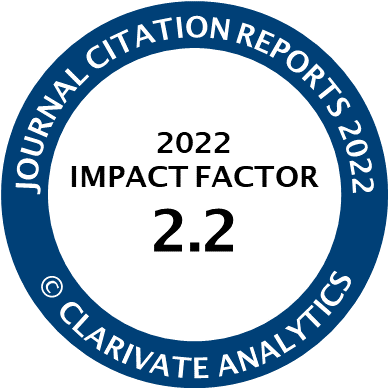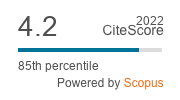Article | Open Access
Organizational Identity of Think Tank(er)s: A Growing Elite Group in Swedish Civil Society
| Views: | 1608 | | | Downloads: | 1148 |
Abstract: Think tanks, defined as organizations that produce policy research for political purposes (McGann, 2007; Medvetz, 2008), are an increasingly ubiquitous type of policy actor world-wide. In Sweden, the last 20 years’ sharp increase in think tank numbers (Åberg, Einarsson, & Reuter, 2019) has coincided with the decline of the traditional Swedish corporatist model based on the intimate involvement of the so-called ‘popular movements’ in policy-making (Lundberg, 2014; Micheletti, 1995). Contrary to the large, mass-membership based and democratically organized movement organizations, think tanks are small, professionalized, expert-based, and seldom represent any larger membership base. Their increasingly important role as the ideological greenhouses in Swedish civil society might, therefore, be interpreted as an indication of an increasingly elitist and professionalized character of the latter. But what is a think tank? The article explores how a shared understanding of what constitutes a think tank is constructed by think-tankers themselves. In the study, interviewed think tank executives and top-level staff reflect upon their own organizations’ missions and place in the Swedish policy system.
Keywords: civil society; elites; social movements; Sweden; think tanks
Published:
© Pelle Åberg, Stefan Einarsson, Marta Reuter. This is an open access article distributed under the terms of the Creative Commons Attribution 4.0 license (http://creativecommons.org/licenses/by/4.0), which permits any use, distribution, and reproduction of the work without further permission provided the original author(s) and source are credited.




